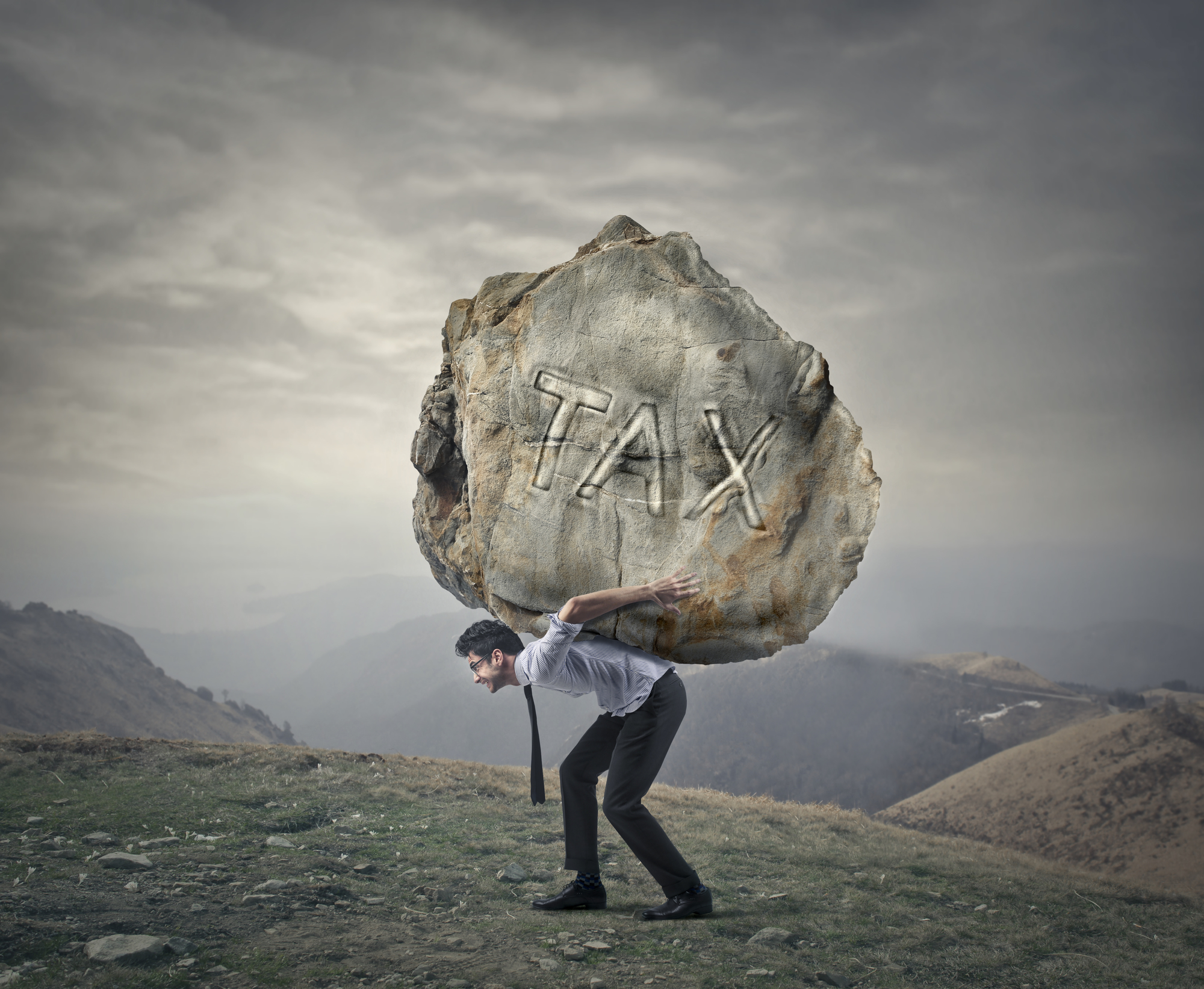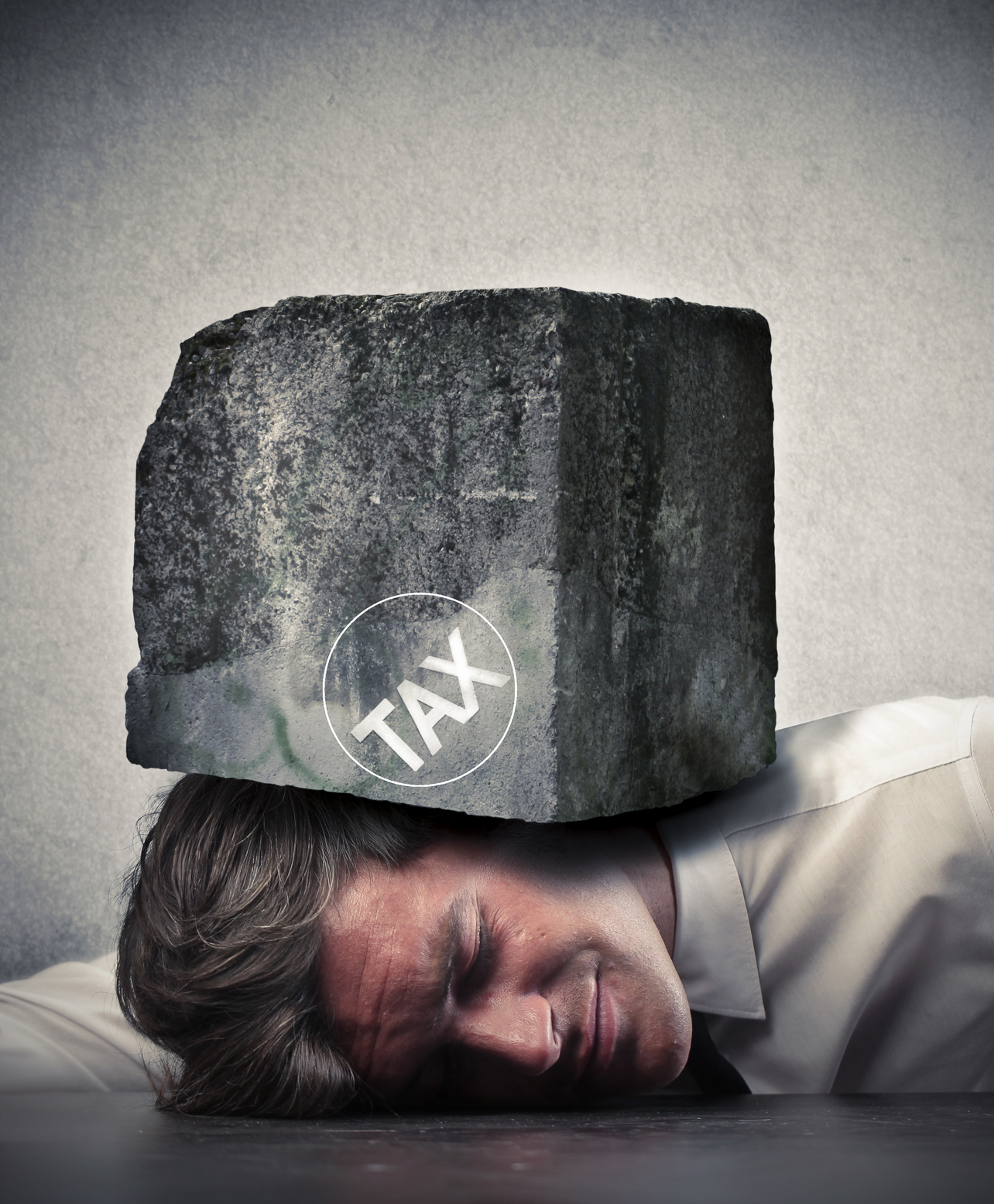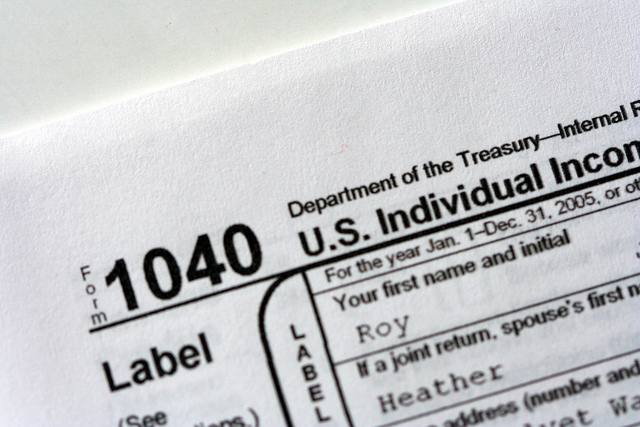Why property taxes rise on your investment properties (and what to do about it)
Sometime in March, county appraisal districts across Texas have an epic party. There’s loud music, dancing, cake, party hats and […]
Why property taxes rise on your investment properties (and what to do about it) Read Post »



